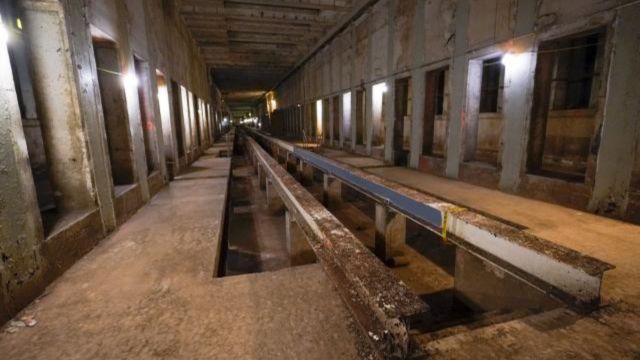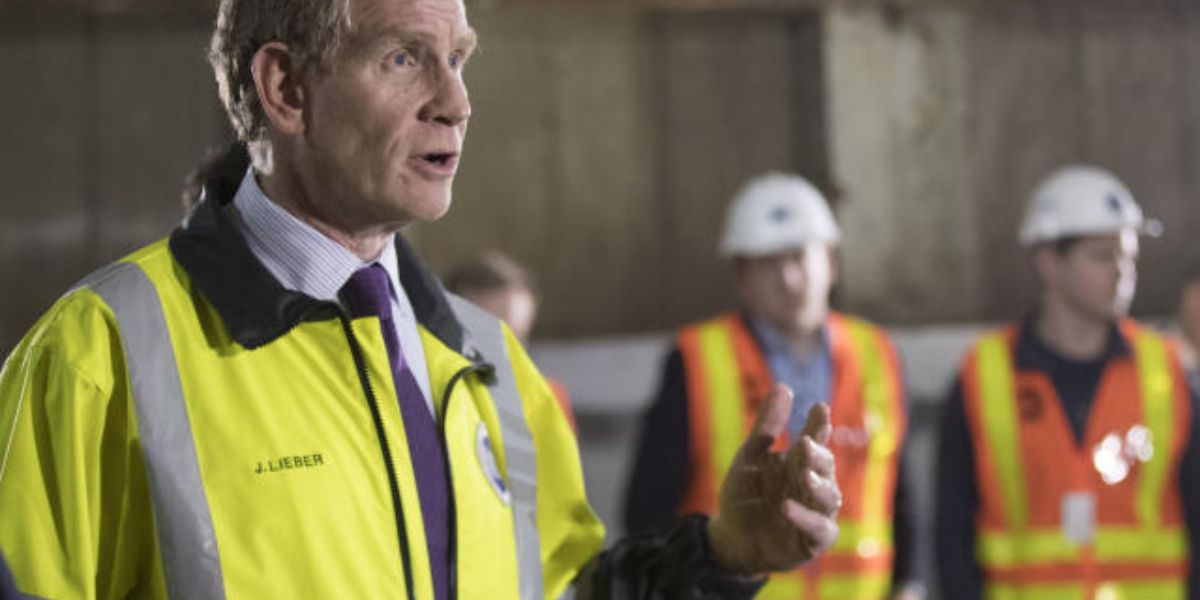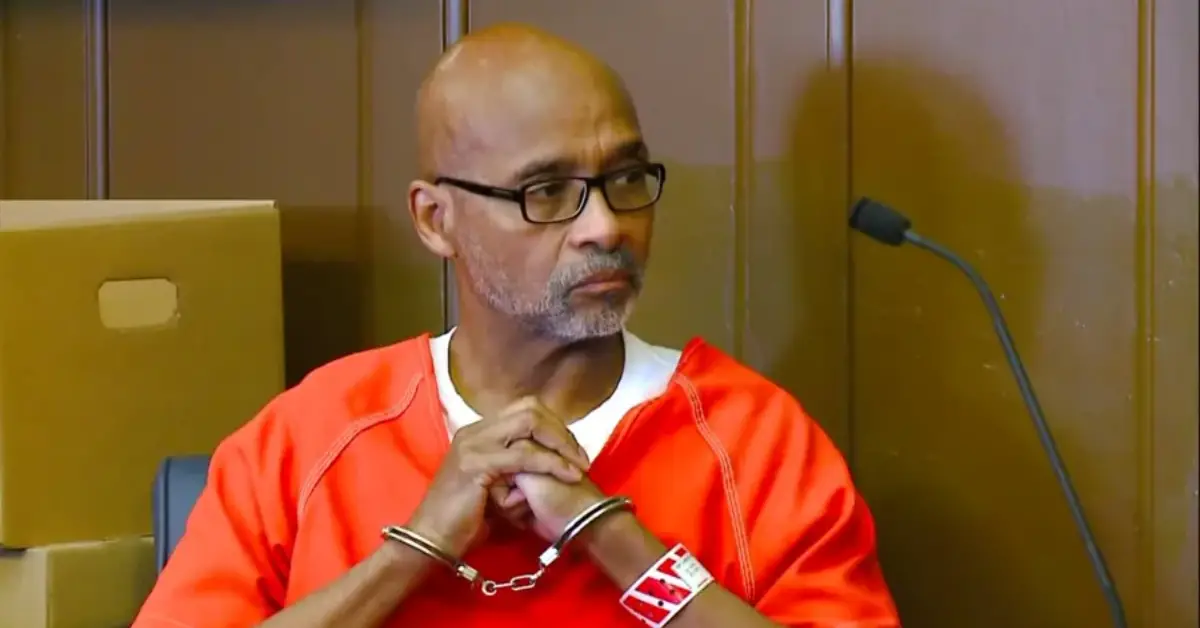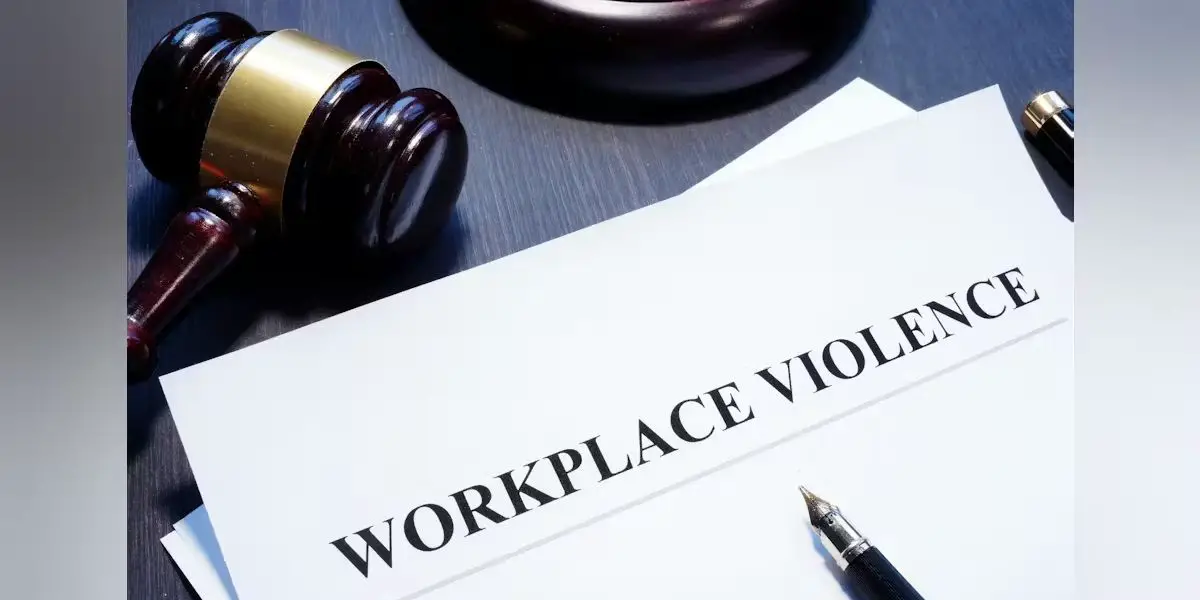NEW YORK, USA —
Due to a $16.5 billion shortfall brought on by Governor Kathy Hochul’s decision to scrap a plan to fund the projects through “congestion” tolls imposed on drivers in Manhattan, the public transportation system in New York will halt work on a planned subway line expansion and withdraw from other maintenance and improvement projects.
On Wednesday, the board of the Metropolitan Transportation Authority formally decided to postpone the toll program. Before Hochul’s unexpected announcement of an undefined “pause” in the program’s implementation, it was scheduled to debut on June 30.
In addition to any additional bridge or tunnel tolls, the majority of private cars would have paid an additional $15 to access Manhattan’s busiest area. Hochul stated that she was delaying the congestion fees due to worries that if people avoided the city, it would negatively impact New York City’s economy.
Hochul has not yet provided a detailed plan, but he has pledged to address the funding shortfall brought up by the program’s indefinite suspension.
MTA board members emphasized at the meeting that they lacked the authority to overturn Hochul’s ruling. Her transportation department must approve the state statute implementing congestion pricing, they added.
Daniel Garodnick, one of the board members who voted in favor of the measure, bemoaned the Democratic governor’s choice and stated, “There is no path for the MTA to proceed.”

Image – Yahoo News Canada
In a presentation to board members, MTA officials stated that the authority will have to cut its capital budget by at least 30% unless funds are found to replace the expected toll revenue. Sunk costs, lost revenue, and perhaps lost federal support are all taken into account in the projections.
SEE MORE –
Record $2.8 Billion Cocaine Seizure by German Law Enforcement
MTA executives gave a strategy to reorder construction projects with an emphasis on preserving current service, assuming a significant shortage. It involved taking a $7.5 billion step back from enhancing current services with trains, track upgrades, and maintenance, as well as stopping $5 billion in planned subway expansion spending.
Approximately $2 billion has been removed from the budget from plans to add more wheelchair-accessible stations.
There will be a $500 million delay in the planned acquisition of zero-emission buses. The goal of this initiative was to lower pollution, which is linked to respiratory issues.
“That presentation seems awful to me. Board member Midori Valdivia stated, “No board member wants to sit here talking about what projects we want to cut.” “That we might not be able to provide our environmental justice communities with as much as we had promised feels really tragic.”
Hochul stated in a statement that she still had “unwavering support for the MTA” and that she would cooperate with the Legislature and the organization’s officials to find funding sources for upcoming projects.
“There is no reason for New Yorkers to be concerned that any planned projects will not be delivered,” she stated, “even though the timing of the next budget may necessitate temporary adjustments to the timeline of certain contracts.”
“I also think that within the current MTA operations, there are additional opportunities for savings and improved revenues,” she continued.
In an earlier attempt to raise money, Hochul proposed raising taxes on New York businesses; however, the notion was rejected by the Legislature.
The governor’s decision to end the tolling program, which aimed to support the subways and lessen automobile traffic on Manhattan’s busiest streets, was met with a barrage of emails, according to board members.
MTA Chair and CEO Janno Lieber responded, “We don’t engage in theatrics,” in response to a reporter’s question regarding potential symbolic steps the board may have taken in protest.
Depending on how long financing is delayed, the damage to the MTA’s budget may get worse. To fund cameras and other infrastructure for the congestion pricing scheme, the MTA has already signed contracts totaling $500 million. Contractors who reduce or cancel awards will bill it, and the issues get worse the longer the uncertainty lasts.
Lieber stated, “Time wounds all projects,” but she would not say when the financial gap will be completely apparent. “That line isn’t very bright.”
Additionally, MTA officials stated that the organization is unable to obtain $3 billion in federal match funds for construction projects without state funding, while there is no set timeframe for forfeiting the funds. The state’s $2 billion in matching funds must now be diverted to maintain the trains under the austerity plan.
Lieber added that to approve certain cuts, the board might need to vote later.




